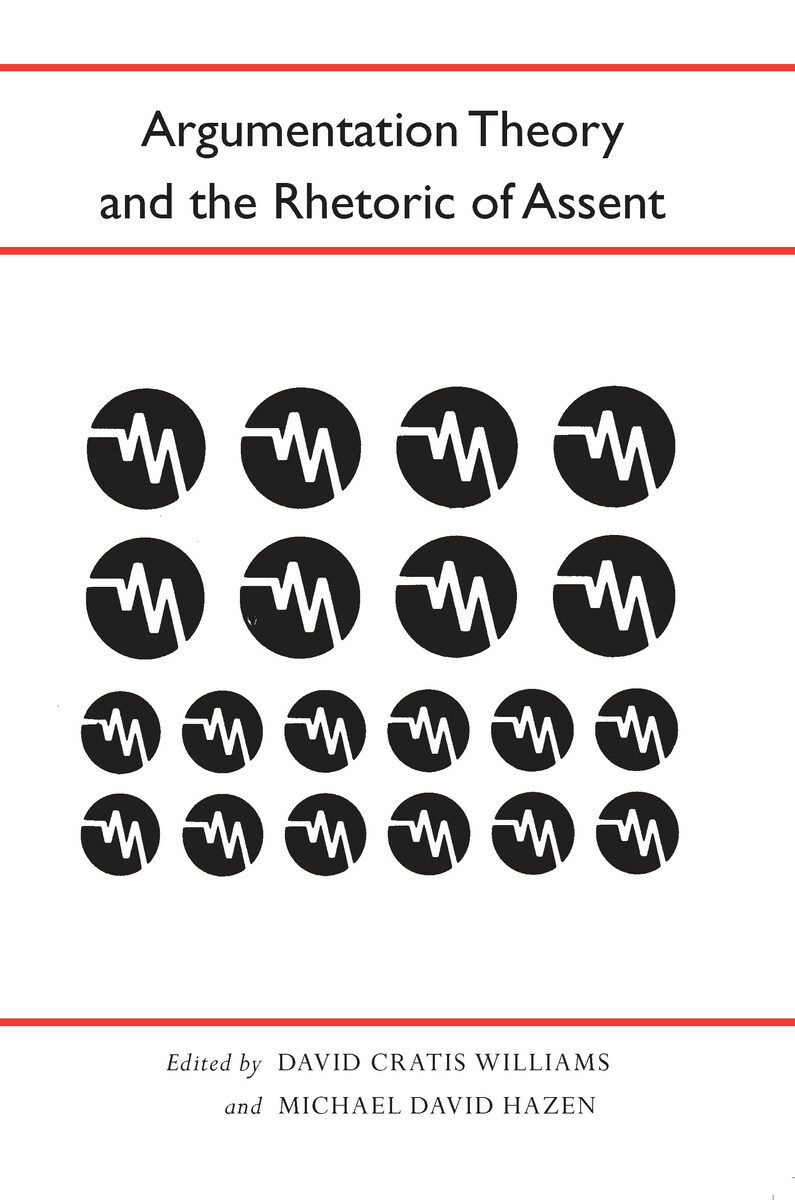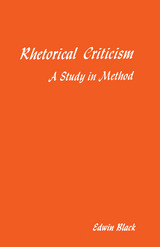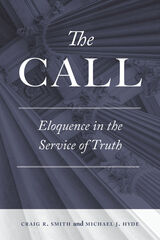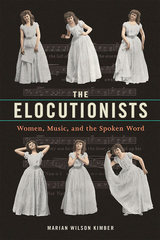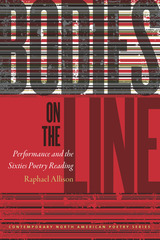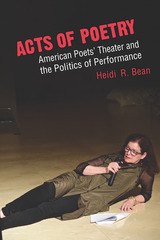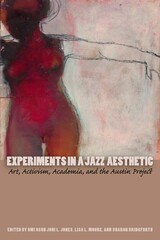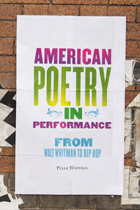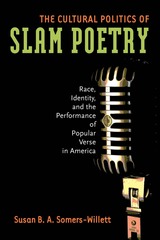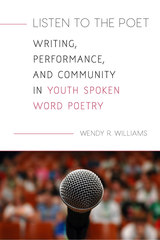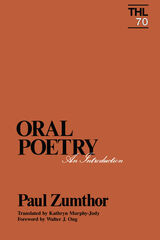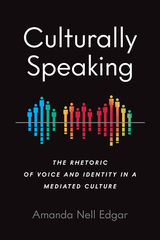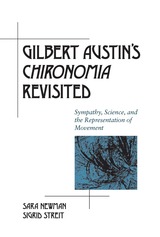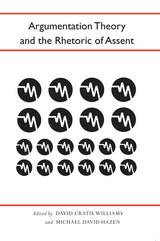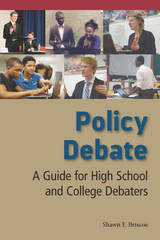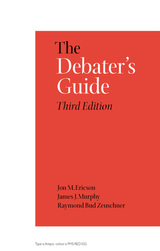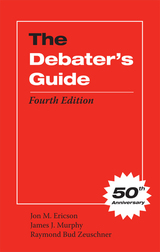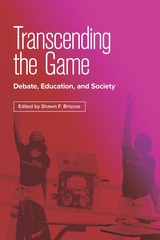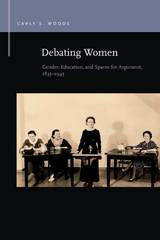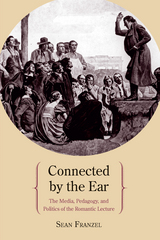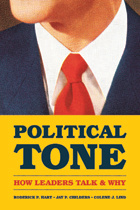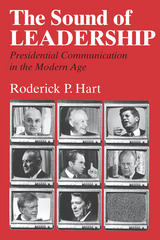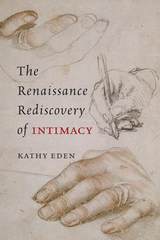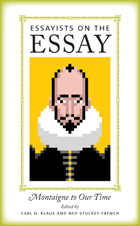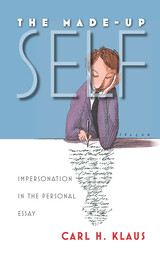Argumentation Theory and the Rhetoric of Assent
University of Alabama Press, 1990
eISBN: 978-0-8173-9062-4 | Paper: 978-0-8173-5335-3 | Cloth: 978-0-8173-0509-3
Library of Congress Classification PN4181.A68 1990
Dewey Decimal Classification 808.51
eISBN: 978-0-8173-9062-4 | Paper: 978-0-8173-5335-3 | Cloth: 978-0-8173-0509-3
Library of Congress Classification PN4181.A68 1990
Dewey Decimal Classification 808.51
ABOUT THIS BOOK | AUTHOR BIOGRAPHY | REVIEWS | TOC
ABOUT THIS BOOK
A collection of eleven essays presented at the 1982 Biennial Wake Forest University Argumentation Conference, held with the goal of establishing a recurring informal, small colloquium on argumentation theory at which both established and aspiring scholars in the area can present ideas to their colleagues with the prospect of the sort of intensive give-and-take critiques rare in larger conferences. This volume contains select essays that grew out of that interchange.
The eleven essays coalesce around the general question of "When, if ever, is assent justified?" And, as Professor Cox astutely notes in his introduction, such a question immediately leads into considerations of argument and power. In these considerations, many differing perspectives are represented in this volume: aesthetic and symbolist approaches, rationalistic and formalistic approaches, field theory perspectives, orientations toward various conceptualizations of a public sphere, etc.
Argumentation Theory and the Rhetoric of Assent is intended not as a primer on argument theory but rather as a look at American approaches to a philosophy of argumentation and argument criticism. As such, the essays probe the implications of both current practices and theoretical approaches: the objective is not to map the terrain argumentation theory has traversed in recent years but rather to plot a route for the direction in which argumentation studies should move. The concluding essays by James Arnt Aune and G. Thomas Goodnight confront these concerns explicitly.
The eleven essays coalesce around the general question of "When, if ever, is assent justified?" And, as Professor Cox astutely notes in his introduction, such a question immediately leads into considerations of argument and power. In these considerations, many differing perspectives are represented in this volume: aesthetic and symbolist approaches, rationalistic and formalistic approaches, field theory perspectives, orientations toward various conceptualizations of a public sphere, etc.
Argumentation Theory and the Rhetoric of Assent is intended not as a primer on argument theory but rather as a look at American approaches to a philosophy of argumentation and argument criticism. As such, the essays probe the implications of both current practices and theoretical approaches: the objective is not to map the terrain argumentation theory has traversed in recent years but rather to plot a route for the direction in which argumentation studies should move. The concluding essays by James Arnt Aune and G. Thomas Goodnight confront these concerns explicitly.
See other books on: Assent | Communication Studies | Congresses | Public Speaking & Speech Writing | Rhetoric
See other titles from University of Alabama Press
